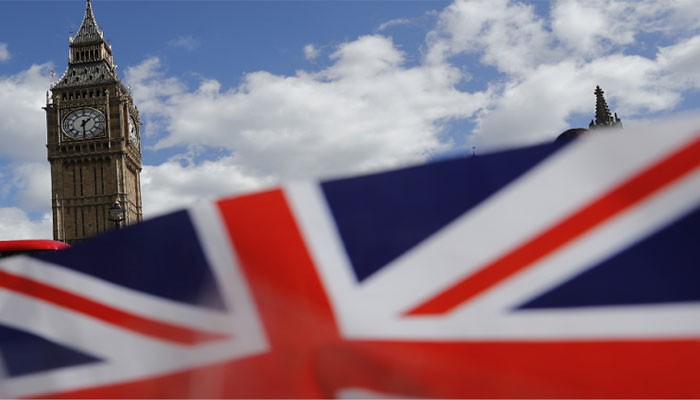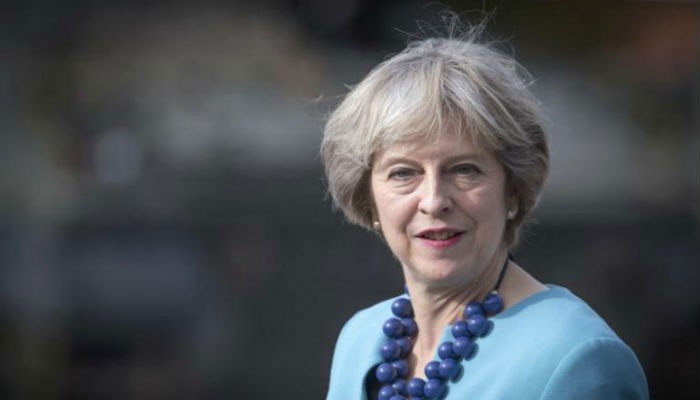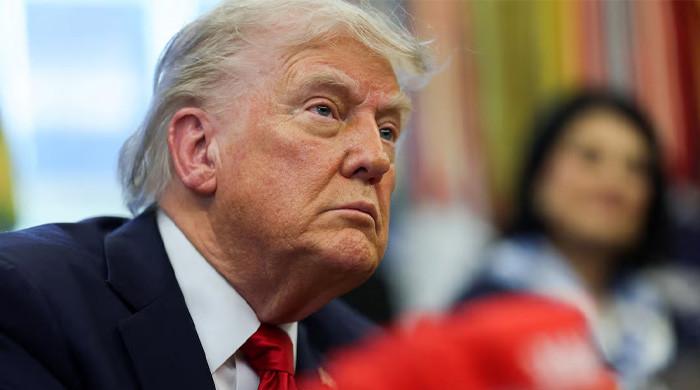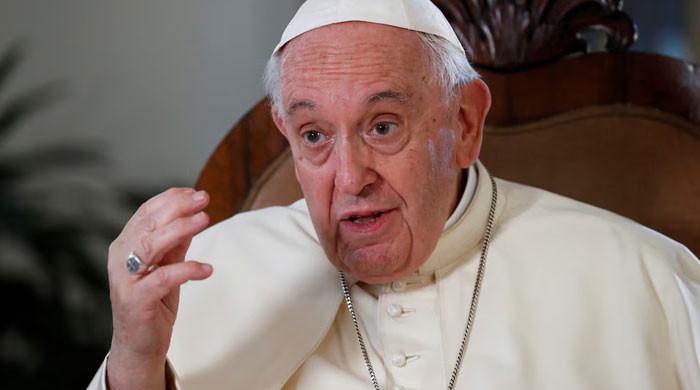British Pakistani voters helped surge for Jeremy Corbyn
Record numbers of old and young voted this time, with Conservatives completely losing out in seats with Muslim vote
June 13, 2017
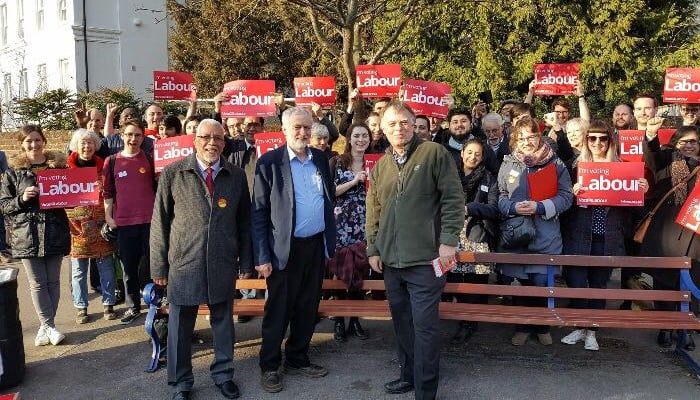
LONDON/MANCHESTER: British Pakistani and Muslim voters played a key role in the resurgence of support for the Jeremy Corbyn-led Labour Party and voted in record numbers, decisively rejecting Conservatives manifesto.
A survey by these correspondents shows that not only did the British Pakistani voters come out in record numbers to cast votes in their areas, thereby increasing their political participation noticeably but that the MPs' voting share and majority margin was bumped up as well.
This was mainly due to two factors: Jeremy Corby’s appeal to the common man and an increased participation on part of the British Pakistani community, which showed keener interest in the elections this year than any time before.
Britain is home to more than three million Muslims, just over 500,000 of whom are registered as voters.
Nearly 50 percent of the British Muslims are under 25 years of age, which implies that the 2017 snap election saw a sharp rise in registered Muslim voters on the back of higher participation from the younger generation, as first-time voters start taking more interest in politics and playing a vital role in the country's current events.
In a pre-poll research conducted by The News and Geo.tv team to gauge Muslim voters' impact in the general elections, it was established there were 39 constituencies in which over 1,000 voters were Muslims.
In addition, a clear pattern in all the constituencies shows that more than 90% of these voters opted for Labour over Conservatives, the latter of whom didn’t make any effort to connect with a potentially significant audience.
A matter of 1,000 votes
The prime example of the escalation in Labour's favour and higher participation of British Pakistanis in elections was witnessed in Bedford, where Mohammed Yasin – considered a paper candidate – beat Conservative Richard Fuller.
In the prior election, Fuller had bagged victory here with a 1,000-vote difference. However, last week’s election saw him getting defeated by Yasin by just over 800 votes.
The number of registered Muslim voters in this constituency is 3,652 – indicating the swing towards Labour certainly worked in favour of Yasin.
Shah, Yaqoob, Haq, and Hussain
Labour MP Naz Shah's Bradford West constituency, which has more Muslim voters than any other in Britain, saw a huge move in Labour's favour. Shah had won in 2015 with an 11,420-vote margin, while in the latest elections, she secured 29,744 votes against 7,442 that her nearest Conservative rival was able to manage.
Salma Yaqoob, yet another Muslim candidate, locked 6,345 votes. Her constituency witnessed the huge impact from Muslim voters.
Hampstead and Kilburn saw Rupa Haq triumphing with a hefty margin of 15,560 votes. Earlier, she had won the seat with only a 1,138-vote majority. The total number of registered Muslim voters in this constituency is 5,767.
In Bradford East, Labour MP Imran Hussain doubled his lead as opposed to his previous result. With Muslim having a 37% share in his constituency's votes, he managed to bag 29,841 votes – a bump of 10,000 votes compared to the number in 2015. Hussain's massive victory in Bradford East primarily stems from the 15,299 registered Muslim voters residing in his constituency.
In at least 16 constituencies, the Muslim votes' effect was crucial.
The swing in Labour's popularity was 7,789 votes on average (equivalent to c.16% of the electorate vs. c.2% national swing). Every one of these 16 seats is now held by the Labour party.
Labour's 11 previously-held seats also saw an increase in the voting share, with the party snatching another 5 this year. Therefore, the share and majority with which Labour grabbed a majority are immense.
Furthermore, 16 of Labour's previously-held seats experienced a rise in popularity except for Bolton North East. The remaining 5 were still held by Conservatives but their lead and margin of victory was reduced to a huge level.
In around 23 constituencies, however, the impact was medium. The swing in the majority towards Labour (or the Liberal Democrats in the Conservative-Lib Dem marginal Kingston & Surbiton) was 6,839 on average (c. 15% of the electorate vs. c.2% national swing).
Lib Dem snatched one seat from Conservatives. The only one where Conservative successfully took a lead was Bolton West with only a 135-vote edge.
The impact of Muslim votes varied from town to town. Manchester, a seat Labour has held since 1935, saw a British Pakistani elected for the first time.
Afzal Khan won in Gorton with over a 31,000-vote margin. Sir Gerald Kaufman – the long-serving MP who passed away a few months ago – had won 27,000 votes in 2015.
In Bury, Muslim voters played a key role in the swing towards Labour from Conservatives, adding to Labour's wins.

